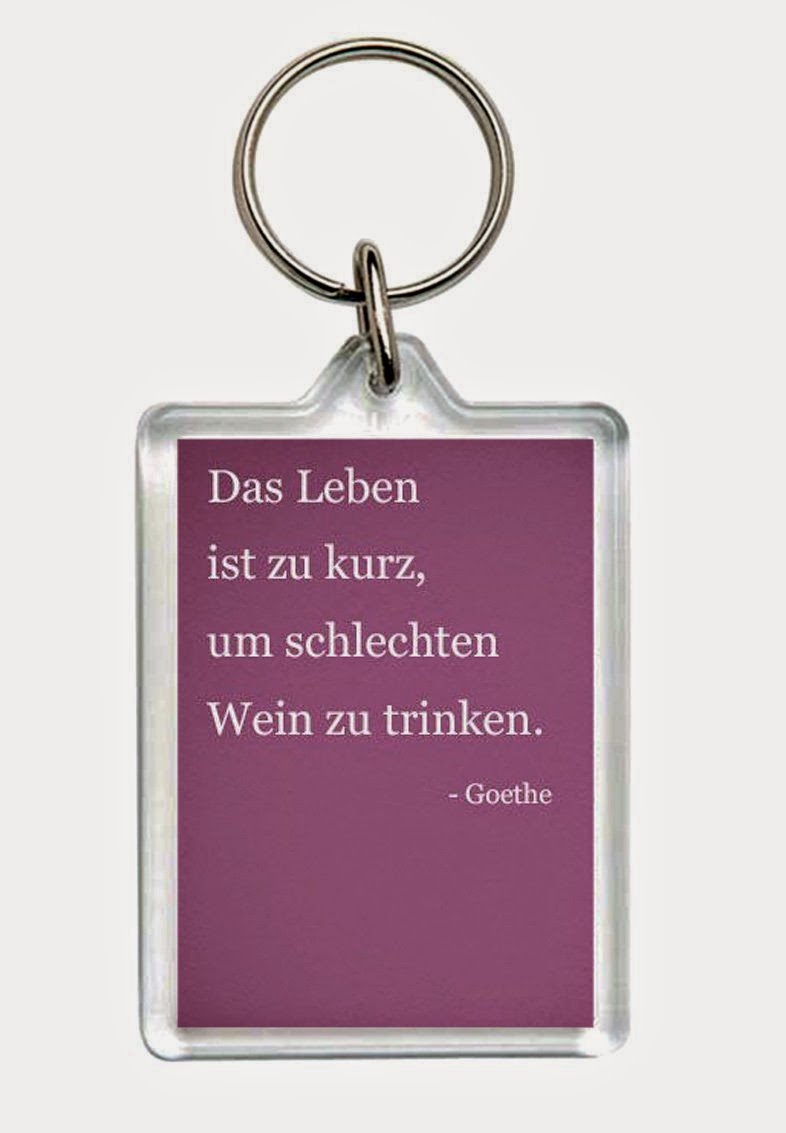While perusing the Goethe shelves at the Columbia U. library I came across Goethe: Der Dichter und der Wein (2000) by Christoph Michel. Documents and household accounts also make up its contents. Document 29, from Goethe's diary of April of 1780, interested me, indicating that Goethe thought he drank too much:
1 April. gleich früh frisch gefasst. ... Seit drez Tagen keinen Wein Sich nun vorm Englischen Bier in acht zu nehmen. Wenn ich den Wein abschaffen könnte wär ich sehr glücklich. ...
1 April. bey Hofe gessen. Massig ist halb gelebt.
15. War sehr ruhig und bestimmt, die lezten Tage wenig eingezogen [bezieht sich auf Teilnahme an der Rekrutenaushebung und am Theaterbau]. Ich trincke fast keinen Wein. Und gewinne täglich mehr in Blick und Geschick zum thätigen Leben.
 |
| Louis Ferdinand, painted by J-L Mosnier |
Ich habe nun Goethen wirklich kennen gelernt; er ging gestern noch spät mit mir nach Hause, und saß dann vor meinem Bette, wir tranken Champagner und Punsch, und er sprach ganz vortrefflich! Endlich deboutonnierte sich seine Seele; er ließ seinem Geist freien Lauf; er sagte viel, ich lernte viel, und fand ihn ganz natürlich und liebenswürdig.
Hardly a year later the prince died at the Battle of Saalfeld. According to the Wikipedia account: "When he saw his forces beginning to rout, Louis Ferdinand charged the French cavalry. He was killed in combat by Guindet, quartermaster of the French 10th Hussars, after Louis Ferdinand refused an offer to surrender and wounded the French NCO."
The prince was also a composer, and none other than Goethe's own musical adviser Johann Friedrich Reichardt, Frederick II's Kapellmeister, considered him a great pianist. Beethoven dedicated his Third Piano Concerto to him. His friends included such writers as Wackenroder and Tieck. One can imagine that he and Goethe would be congenial spirits.
The artist and critic Wilhelm Zahn, later professor at the Berlin Academy of the Arts, visited Goethe in 1827. He was invited by Goethe to a breakfast celebrating the 300th anniversary of the Weimar cross-bow guild ("Armbrustschützengilde") and reported (no. 158) on Goethe's pleasure in wine:
Eine große Gesellschaft war versammelt, und der edle Wein floß in Strömen. Alle tranken tapfer, aber der alte Goethe am tapfersten. Mit innigem Behagen sah er einen nach dem andern matt werden und kläglich abfallen. Ihm allein konnte der Wein nichts anhaben. Wie ein siegender Feldherr überblickte er das Schlachtfeld und die niedergetrunknen Reihen.




No comments:
Post a Comment